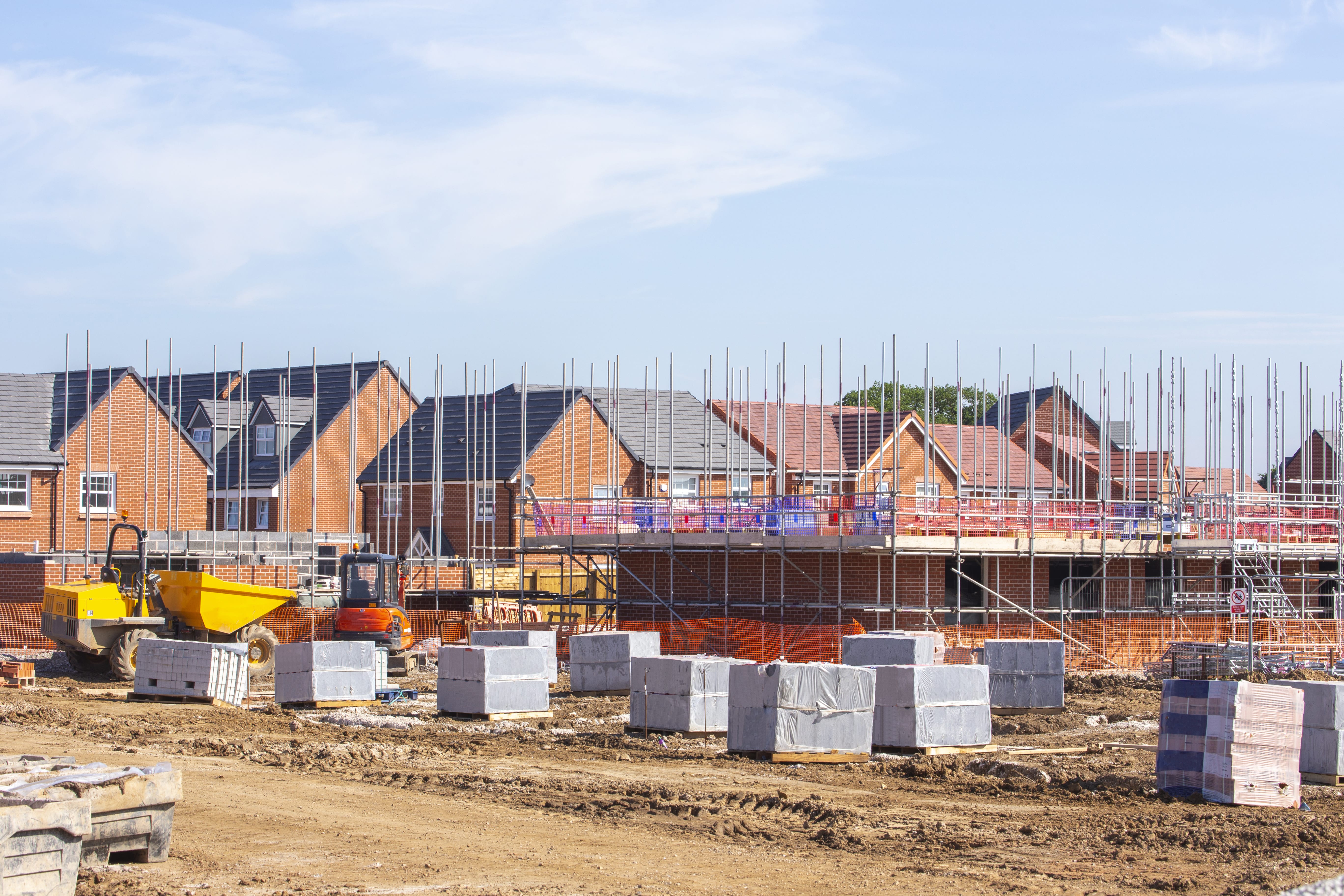Are you planning your first home renovation? If so, you are probably feeling a mixture of emotions. The main two are likely excitement about turning your home into your dream space, and feeling overwhelmed about the task you are about to take on.
Proper preparation and foresight are the best ways to prepare for such a project, as these factors are essential to ensuring everything runs smoothly. Without a solid plan in place, unexpected challenges can quickly turn your dream renovation into a stressful ordeal.
Of course, this is something you will want to avoid! To help, keep reading as we help navigate common pitfalls and offer practical advice to make your renovation a success.
Setting A Realistic Budget
One of the first steps in any renovation project is to establish a realistic budget. Many homeowners underestimate costs, which can then lead to financial strain partway through the renovation. Instead, to help avoid this, start by listing all anticipated expenses, including materials, labour, and any professional services such as architects or designers.
Don’t forget to account for hidden costs such as waste removal, temporary accommodation if necessary, and unforeseen structural issues. Staying within your budget requires diligent planning and discipline, but it is essential for avoiding financial stress.
Choosing The Right Contractors
Selecting the right contractors is crucial to the success of your renovation. Start by conducting thorough research. Look for contractors with strong reputations and positive reviews. Personal recommendations from friends or family can also be invaluable.
When interviewing potential contractors, ask for detailed quotes and timelines, and be clear about your expectations. Ensure they are fully licensed and insured, which protects you from liability in case of accidents or damage. Don’t hesitate to ask for references from past clients and, if possible, visit some of their completed projects. A reliable contractor will be transparent about their work process and communicate effectively throughout the project.
Conducting Surveys
Conducting surveys before starting a renovation is vital to identify potential issues that could impact your plans. Structural surveys can reveal problems with the foundation, walls, or roof that need addressing before cosmetic work begins. Land surveys are equally important, especially if you’re planning an extension or significant outdoor changes. These surveys provide crucial information about property boundaries and underground utilities.
Additionally, an asbestos survey is essential for older homes. Asbestos, often found in pre-1980s buildings, poses serious health risks if disturbed during renovation. Hiring a qualified surveyor to perform these assessments can prevent costly mistakes and delays. The insights gained from surveys allow you to make informed decisions, ensuring your renovation proceeds without unexpected setbacks.
Planning For The Long Term
When planning your renovation, consider not only your current needs but also future requirements. Designing a space that adapts to changing circumstances can save time and money in the long run. Avoid trendy design choices that might quickly become outdated. Instead, opt for timeless, functional designs that will remain appealing and practical over the years.
Think about potential life changes, such as growing your family or ageing in place, and incorporate features that accommodate these possibilities. If you plan the renovation with your future in mind, you create a home that remains comfortable and relevant for many years.
Communication Is Key
Effective communication with your contractors is essential for a smooth renovation process. Establish clear lines of communication from the start and maintain regular updates. Clearly articulate your vision, expectations, and any concerns you may have. Schedule regular check-ins to review progress and address any issues promptly.
Document all agreements and changes to the original plan to avoid misunderstandings. Open communication fosters a collaborative relationship, ensuring everyone is on the same page and working towards the same goals. This approach helps prevent conflicts and keeps the project on track.
Managing The Timeline
A realistic timeline is crucial to avoid rush decisions and ensure high-quality work. Create a detailed project timeline that outlines each phase of the renovation, including start and end dates for different tasks. Factor in potential delays, such as bad weather or supply chain issues, and build some flexibility into your schedule.
Communicate this timeline with your contractors and hold regular meetings to assess progress and address any deviations. A well-managed timeline helps keep the project organised and reduces the risk of extended disruptions to your daily life. Being patient and adaptable can help you handle any delays without unnecessary stress.
Staying Flexible
Flexibility is key when navigating a home renovation. Unexpected issues can arise, requiring quick and effective decision-making. Stay adaptable and prepared to adjust your plans as needed. This might mean compromising on certain design elements or finding alternative solutions to problems.
Keeping a positive attitude and focusing on the end goal can help you manage these challenges with ease. Flexibility ensures that you can handle any setbacks without derailing the entire project, maintaining progress and momentum even when things don’t go as planned.
Successfully navigating a home renovation requires careful planning, clear communication, and adaptability. With these strategies, you can transform your home into a space that meets your needs and stands the test of time.









Leave a Reply
View Comments